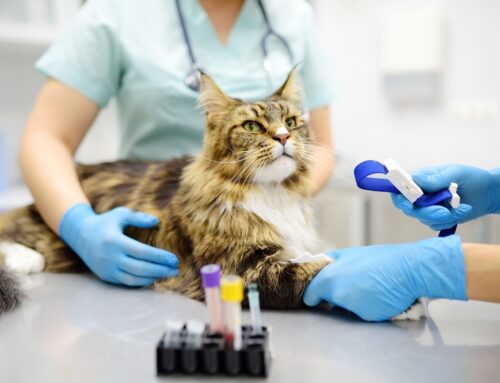The choice to bring a furry friend or two into your home ensures a life full of wet noses, slobbery kisses, and couch cuddles. However, your four-legged companion’s regular care and supplies, from routine wellness visits, to litter boxes and special toys, to pet food and treats, can be expensive. Also, many pets will experience an injury or unexpected illness at some point that may require expensive, emergency veterinary care or surgery. Financial planning for your furry friend’s care can be challenging but, fortunately, pet insurance can alleviate some veterinary expenses and allow pet owners to prepare for unexpected costs. Our Oliver Animal Hospital veterinary team wants to ensure you understand your financial options for your pet’s care, whether you are taking them to your south Austin veterinarian, or needing emergency care.
Pet insurance terminology
Pet health insurance plans are similar to human plans in that they involve a monthly premium that covers some of your pet’s veterinary costs. However, before choosing a plan, you should understand the components and terms that make up each policy. Following are common insurance terms:
- Deductible — This is the portion of the veterinary bill that must be paid before the insurance policy will cover associated veterinary costs. Deductibles are paid annually or on a per-incident basis. For example, if you choose a per-incident deductible and your pet has surgery to correct a broken leg and re-injures the same leg months later, you will pay an additional incident deductible.
- Premium — To keep you pet insurance policy active, a monthly fee, or premium, is charged. Policies with a higher monthly premium tend to cover a higher portion of your veterinary bill, although lower monthly premiums may be ideal for some budgets.
- Reimbursement —The reimbursement is the portion of the veterinary bill paid by your insurance company. The reimbursement amount depends on your policy, but typically starts at around 60% of the total bill. Some companies, like Trupanion, cover as much as 90% of your pet’s veterinary care.
- Limits — Per-incident limits cap the amount that will be reimbursed for a single injury or illness. For example, if your pet needs blood work, X-rays, and surgery for a broken leg that cost $2,000 and your limit is $1,000, you will be responsible for the other $1,000. Limits can also be capped annually, meaning that once your pet’s veterinary care reaches the specified limit that your insurance policy covers for a year, you will be responsible for any costs for the rest of the year.
Benefits and challenges of pet insurance
Advances in veterinary medicine have helped extend the lives of our four-legged companions. Although veterinary care costs are far less expensive than human medicine, they still can cause financial strain. Fortunately, unlike medical insurance for people, pet insurance is not limited to a specific hospital, and can be used by most licensed veterinarians, including your south Austin veterinary hospital. Most policies will cover a large portion of your veterinary bill for regular care, such as your frisky feline’s paw injury or your naughty pup’s stomach ache following dinner in the dumpster. However, pet insurance does not always cover pre-existing conditions, and may charge higher deductibles for senior pets.
Regardless of your coverage or policy, check that the following are included:
- Dental procedures
- Imaging (i.e., X-rays, ultrasound, MRI)
- Physical exams
- Surgery
- Hospitalization
- Prescription medications
- Laboratory tests (i.e., blood work, urine, cultures)
- Behavior consultations
- Holistic medicine
Also, consider taking out insurance when your pet is a healthy puppy or kitten to avoid the problem of lack of coverage for pre-existing conditions.
Types of pet insurance policies

The variety of pet insurance providers and benefits can be overwhelming, so understanding the basic plan types will help you choose the right one for your furry pal. Pet insurance policies come in the following categories:
- Illness — Coverage includes costs associated with diagnosis and treatment of major or minor illnesses, such as ear infections, skin infections, kidney disease, or cancer.
- Accident only —This coverage does not include treatments related to any illness, but does include unexpected injuries or accidents such as broken bones, toxin ingestion, or bite wounds.
- Wellness — Preventive and routine care such as vaccinations and parasite preventives are included in most wellness plans. Wellness coverage also can be added to some other plans.
Our Oliver Animal Hospital team is here to ensure your four-legged companion receives the best veterinary care throughout all their life stages, and we strongly recommend pet insurance to help ease the expense of an unexpected accident or illness. Call or email our office if you have any questions about pet insurance coverage, or need help choosing the right plan for your pet.







Leave A Comment